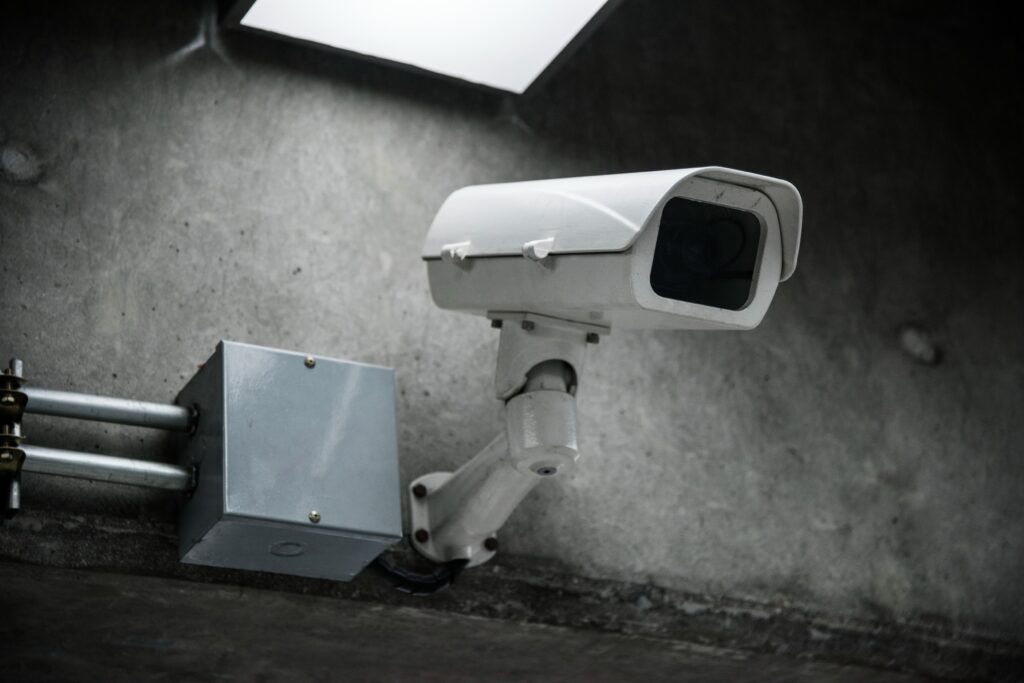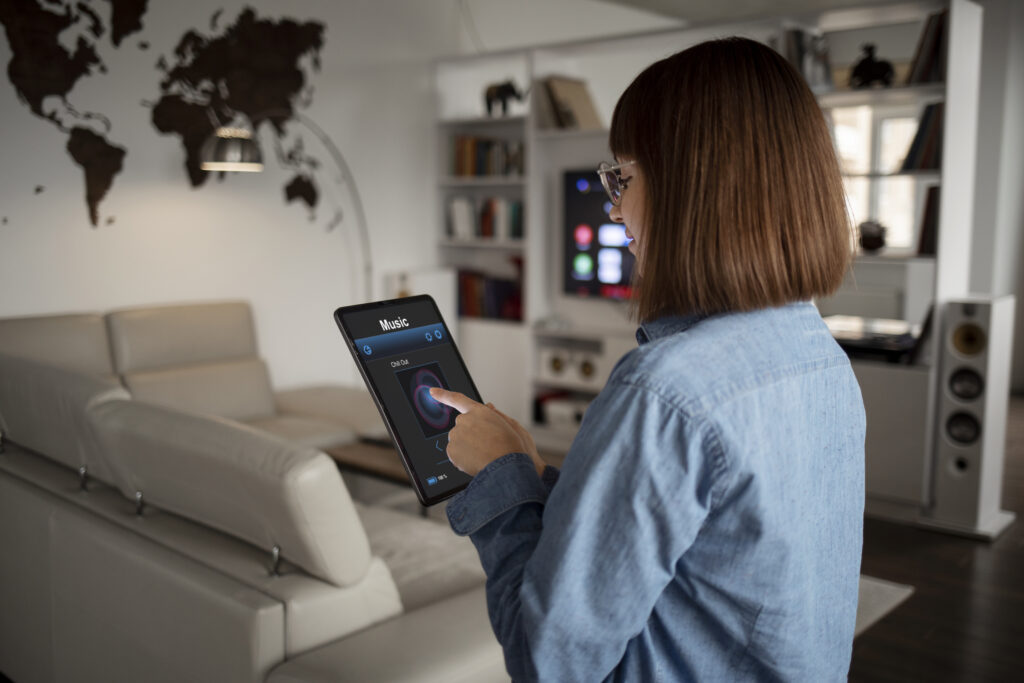Legal Considerations In Surveillance Camera Installation Houston
Surveillance cameras play a crucial role in modern security systems, offering enhanced monitoring and crime prevention capabilities. However, their installation and use are governed by various legal considerations that individuals and businesses must adhere to. Understanding these legal aspects ensures compliance with privacy laws and helps avoid potential legal repercussions. This article explores the key legal considerations involved in surveillance camera installation Houston.

Privacy Laws And Regulations
One of the primary concerns when installing surveillance cameras is privacy. Laws and regulations vary by jurisdiction but generally dictate how and where cameras can be installed, who can be monitored, and how footage can be used. For instance:
Consent Requirements: In many places, consent is required before installing surveillance cameras in areas where individuals have a reasonable expectation of privacy, such as bathrooms, changing rooms, and private residences. Posting clear signage indicating the presence of cameras can help meet consent requirements.
Public vs. Private Spaces: Different rules often apply to public versus private spaces. Public spaces, such as streets and parks, generally have fewer restrictions regarding surveillance. In contrast, surveillance in private spaces, such as offices or retail stores, may require explicit permission from the property owner or occupants.
Data Retention and Access: Laws may govern how long surveillance footage can be retained and who can access it. For example, the General Data Protection Regulation (GDPR) in Europe imposes strict guidelines on the collection, storage, and use of personal data, including surveillance footage.
Location And Camera Placement
The placement of surveillance cameras can significantly impact legal compliance:
Avoiding Intrusion: Cameras should be strategically placed to monitor intended areas while minimizing intrusion into private spaces. Careful consideration of camera angles and coverage areas helps ensure compliance with privacy laws.
Neighbor and Community Concerns: Consider local ordinances and community expectations regarding surveillance. Installing cameras that inadvertently capture neighboring properties or public spaces without proper consideration could lead to legal disputes.
Surveillance Camera Installation Houston Provide Security And Access Control
Securing Footage: Surveillance footage is sensitive information that should be protected against unauthorized access and tampering. Implementing encryption and secure storage solutions helps safeguard footage from breaches and ensures compliance with data protection laws.

Access Control: Limiting access to surveillance footage to authorized personnel only is crucial for maintaining privacy and complying with legal requirements. Establishing clear policies on who can access footage and under what circumstances helps mitigate legal risks.
Employment and Workplace Considerations
Employee Monitoring: If surveillance cameras are installed in workplaces to monitor employees, employers must comply with labor laws and regulations governing employee privacy and surveillance. Informing employees about surveillance practices and obtaining their consent, where required, is essential.
Union Agreements: In unionized workplaces, surveillance policies may be subject to negotiation with labor unions. It’s important to consult applicable employment agreements and collective bargaining agreements to ensure compliance.
Legal Liability And Consequences
Civil Liability: Improper surveillance camera installation or misuse of footage can lead to civil lawsuits for invasion of privacy, harassment, or other legal claims. Ensuring compliance with applicable laws and regulations helps mitigate the risk of legal liability.
Criminal Liability: Violations of privacy laws related to surveillance can also result in criminal penalties, such as fines or imprisonment, depending on the severity of the offense and jurisdictional laws.
Conclusion
A surveillance camera installation Houston requires careful consideration of legal implications to ensure compliance with privacy laws and regulations. By understanding and adhering to these legal considerations, individuals and businesses can enhance security effectively while respecting the rights and privacy of individuals within and around monitored areas. Consulting legal experts and staying informed about evolving laws and regulations are essential steps in navigating the complex landscape of surveillance camera installation.

